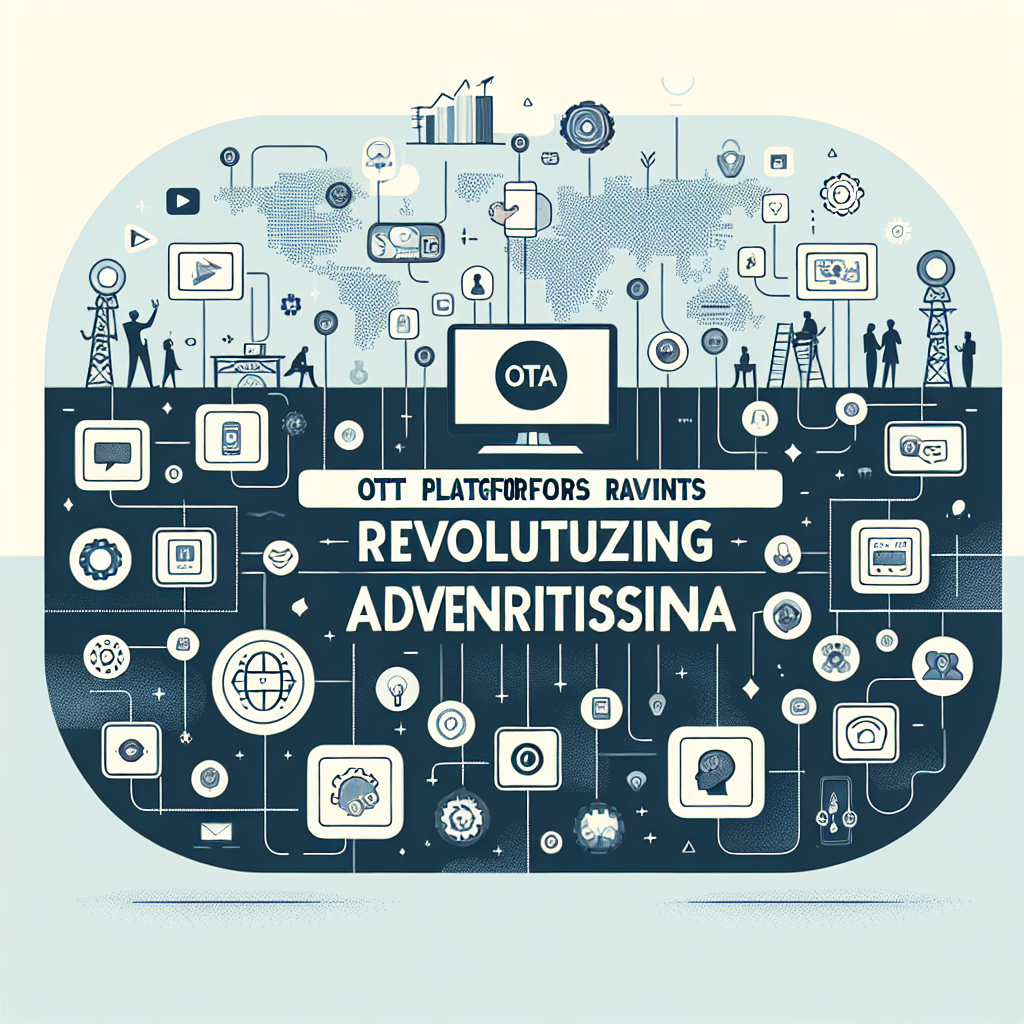Building Your Own GPT for Media Strategy
Three months ago, I watched Elena, a media strategy director at a mid-sized agency, struggle through her fifth consecutive late night preparing media plans for new client pitches. She had accumulated nearly a decade of successful media strategies, campaign insights, and client learnings, but each new brief felt like starting from scratch. The agency's collective knowledge lived in scattered documents, individual memories, and informal conversations that rarely translated into systematic strategy development. Elena's frustration peaked when she realized she was recreating targeting strategies she had successfully implemented for similar clients two years earlier, but couldn't recall the specific optimizations that made those campaigns successful. This experience sparked Elena's investigation into custom GPT development, ultimately leading to the creation of a proprietary AI assistant trained on the agency's media planning expertise that could instantly recall successful strategies, adapt proven approaches to new challenges, and generate comprehensive media recommendations tailored to their specific client portfolio and market expertise.
The democratization of large language model development has created unprecedented opportunities for media agencies to codify their strategic expertise into intelligent systems. Custom GPT models trained on proprietary data can capture institutional knowledge, accelerate strategy development, and provide consistent strategic guidance that scales human expertise across larger client portfolios and junior team members.
Introduction
The development of custom GPT models for media strategy represents a paradigm shift from generic AI tools to specialized intelligence systems that understand agency methodologies, client requirements, and market dynamics. Research from the Interactive Advertising Bureau indicates that agencies utilizing custom AI assistants report 34% faster strategy development times and 28% higher client satisfaction with strategic recommendations.
Custom GPT development enables agencies to transform accumulated expertise into scalable strategic intelligence. Unlike generic AI tools that provide broad marketing guidance, custom models trained on agency-specific data understand unique methodologies, client preferences, and market insights that inform superior strategic recommendations. These systems become institutional memory banks that preserve and amplify human expertise while accelerating strategic development processes.
The competitive advantages of custom GPT development extend beyond efficiency gains to encompass strategic differentiation, knowledge preservation, and enhanced client service capabilities. Agencies that successfully implement custom GPT systems create proprietary strategic intelligence that becomes increasingly valuable as models learn from ongoing campaign results and strategic refinements.
1. Train on Past Media Plans
Training custom GPT models on historical media plans creates intelligent systems that understand agency strategic methodologies, client success patterns, and optimization approaches that deliver superior campaign performance. This training process transforms static strategic documents into dynamic intelligence that can adapt proven approaches to new challenges and opportunities.
Data preparation requires systematic organization of historical media planning documents, campaign briefs, strategic rationales, and performance outcomes. Successful training datasets include comprehensive media strategies spanning different industries, budget levels, and campaign objectives. This diversity enables custom models to understand various strategic approaches and recommend appropriate methodologies for different client situations.
Strategic pattern recognition emerges as custom models analyze successful campaign structures, targeting approaches, and optimization strategies across historical data. Models learn to identify successful audience segmentation approaches for different product categories, optimal media mix allocations for various campaign objectives, and timing strategies that maximize campaign effectiveness. This pattern recognition enables intelligent recommendations that build on proven successes.
Performance correlation involves connecting strategic decisions to campaign outcomes in training data. Custom models trained on strategy-performance relationships learn to recommend approaches that historically deliver superior results while avoiding strategies associated with underperformance. This outcome-based training creates models that prioritize strategic effectiveness over generic best practices.
Methodology encoding captures agency-specific strategic frameworks, planning processes, and quality standards in model training. Custom GPT systems learn to apply proprietary strategic methodologies, follow agency planning protocols, and maintain strategic quality standards that reflect organizational expertise. This encoding ensures generated strategies align with agency standards and client expectations.
The evolution of programmatic strategy development illustrates training value. Agencies that trained custom models on successful programmatic campaigns could generate sophisticated audience targeting strategies, bid optimization approaches, and creative rotation plans that reflected accumulated expertise. These models produced strategies that junior planners could not develop independently while maintaining strategic quality standards.
2. Custom Responses for Client Briefs
Custom GPT models trained on client-specific data can generate tailored strategic recommendations that understand individual client objectives, brand positioning, competitive landscapes, and performance requirements. This personalization creates strategic intelligence that adapts general frameworks to specific client needs and market conditions.
Client-specific training involves incorporating individual client campaign histories, brand guidelines, competitive analysis, and performance benchmarks into model development. Custom models trained on client-specific data understand brand voice, targeting preferences, channel effectiveness patterns, and optimization approaches that align with client strategic priorities and operational constraints.
Contextual understanding enables custom models to interpret client briefs within broader business contexts, competitive situations, and market dynamics. Models trained on comprehensive client information can recognize strategic opportunities, identify potential challenges, and recommend approaches that align with broader business objectives beyond immediate campaign requirements.
Strategic personalization involves adapting general media planning frameworks to client-specific requirements, preferences, and constraints. Custom models learn client decision-making patterns, approve optimization approaches, and strategic priorities that enable personalized recommendations. This personalization ensures strategic recommendations align with client expectations and operational capabilities.
Competitive intelligence integration enables custom models to recommend strategies that account for competitive activities, market positioning, and differentiation opportunities specific to individual clients. Models trained on competitive landscape data can suggest targeting approaches, messaging strategies, and channel selections that create competitive advantages while avoiding direct conflicts with stronger competitors.
Brand consistency maintenance ensures custom model recommendations align with established brand positioning, voice, and strategic frameworks. Models trained on brand guidelines and historical strategic decisions maintain consistency across campaign recommendations while adapting tactical approaches to specific brief requirements.
3. Integrate with Agency Workflows
Seamless integration of custom GPT systems with existing agency workflows ensures strategic intelligence enhances rather than disrupts established planning processes. Successful integration requires understanding current workflow patterns, identifying enhancement opportunities, and implementing systems that amplify human capabilities rather than replacing strategic thinking.
Workflow analysis involves mapping existing media planning processes, identifying time-intensive activities, and recognizing opportunities where custom AI assistance could accelerate strategic development. This includes analyzing brief review processes, competitive research phases, strategy development stages, and client presentation preparation activities where AI augmentation could provide substantial time savings and quality improvements.
Integration touchpoints require identifying specific workflow stages where custom GPT assistance provides maximum value while maintaining human strategic oversight. Common integration points include initial brief analysis, competitive landscape review, strategic framework development, media mix recommendations, and presentation document preparation. These touchpoints enable AI assistance without replacing critical human judgment and client relationship management.
Quality control mechanisms ensure custom AI recommendations meet agency standards and client expectations before incorporation into strategic deliverables. Integration workflows should include human review processes, strategic validation steps, and client consultation protocols that maintain professional quality while leveraging AI efficiency. These controls protect agency reputation while maximizing AI productivity benefits.
Collaborative enhancement focuses on AI-human partnerships that amplify strategic capabilities rather than replacing human expertise. Custom GPT systems work most effectively as strategic research assistants, framework generators, and recommendation engines that support human strategic thinking rather than autonomous decision-making systems. This collaborative approach preserves strategic creativity while accelerating routine analytical tasks.
Training integration involves incorporating custom GPT usage into agency training programs, strategic development processes, and quality assurance protocols. Team members need training on effective AI collaboration, prompt engineering for strategic outputs, and quality evaluation of AI-generated recommendations. This training ensures consistent, effective usage across different experience levels and strategic specializations.
Case Study Mid-Market Agency Custom GPT Implementation
A specialized healthcare marketing agency demonstrates successful custom GPT implementation through systematic training, client-specific customization, and seamless workflow integration. Facing increasing client demands for faster strategic development while maintaining specialized healthcare expertise, the agency developed a proprietary GPT system trained on five years of successful healthcare media campaigns.
The development process began with comprehensive data preparation spanning 847 historical media plans, campaign briefs, strategic rationales, and performance reports across pharmaceutical, medical device, and healthcare service clients. This dataset provided rich training material that captured the agency's specialized healthcare marketing expertise, regulatory compliance requirements, and audience targeting methodologies specific to healthcare communications.
Training methodology incorporated outcome-based learning that connected strategic decisions to campaign performance results. The model learned to recognize successful targeting approaches for different healthcare audiences, effective messaging strategies for various therapeutic areas, and media mix optimizations that maximized healthcare campaign effectiveness while maintaining regulatory compliance throughout the development process.
Client-specific customization involved creating specialized model variations for major clients with unique strategic requirements. The pharmaceutical client version understood drug launch strategies, competitive landscape dynamics, and healthcare professional targeting methodologies. The medical device version focused on B2B healthcare targeting, clinical evidence integration, and multi-stakeholder decision-making processes throughout the customer journey.
Workflow integration positioned the custom GPT as a strategic research assistant that accelerated initial brief analysis, competitive intelligence gathering, and strategic framework development. The system generated initial strategic recommendations within minutes of brief submission, provided comprehensive competitive analysis based on proprietary databases, and suggested proven strategic approaches adapted to specific client requirements and market conditions.
Implementation results demonstrated significant productivity improvements alongside maintained strategic quality. Strategy development time decreased 42% while strategic recommendation quality scores remained consistent with pre-AI levels. Client satisfaction increased 31% due to faster turnaround times and more comprehensive strategic analysis. The system enabled junior strategists to produce work quality previously requiring senior expertise.
The program succeeded through comprehensive training data, outcome-based model development, and strategic workflow integration that enhanced rather than replaced human expertise. The custom GPT became a competitive differentiator that enabled superior client service while preserving the agency's specialized healthcare marketing knowledge.
Conclusion
Custom GPT development for media strategy enables agencies to codify institutional expertise, accelerate strategic development, and provide consistent strategic guidance that scales human capabilities across larger client portfolios. Organizations that successfully implement custom AI systems create proprietary strategic intelligence that becomes increasingly valuable as competitive differentiators.
The future of agency strategic development increasingly depends on intelligent systems that understand specialized methodologies, client requirements, and market dynamics. Custom GPT models provide sustainable competitive advantages through accelerated strategy development, preserved institutional knowledge, and enhanced client service capabilities that generic AI tools cannot match.
Call to Action
Agencies seeking to develop custom GPT capabilities should begin by systematically organizing historical strategic work, identifying successful patterns in past campaigns, and mapping workflow integration opportunities. Start with comprehensive data preparation that captures institutional expertise, implement outcome-based training methodologies that connect strategies to performance results, and develop integration approaches that enhance rather than replace human strategic thinking.
Invest in training programs that enable effective AI collaboration, establish quality control mechanisms that maintain professional standards, and create continuous improvement processes that refine models based on ongoing strategic successes.
Featured Blogs
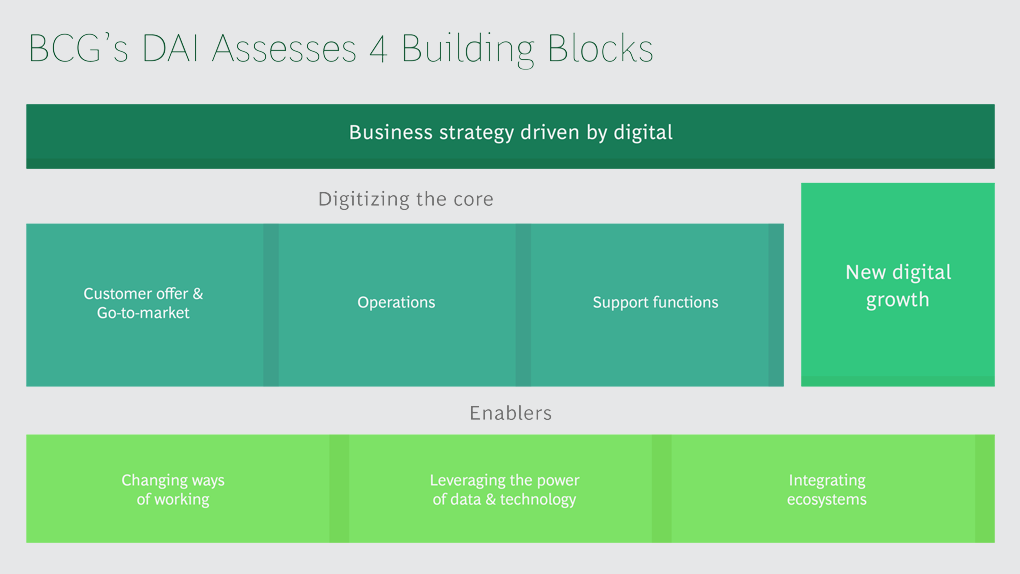
BCG Digital Acceleration Index
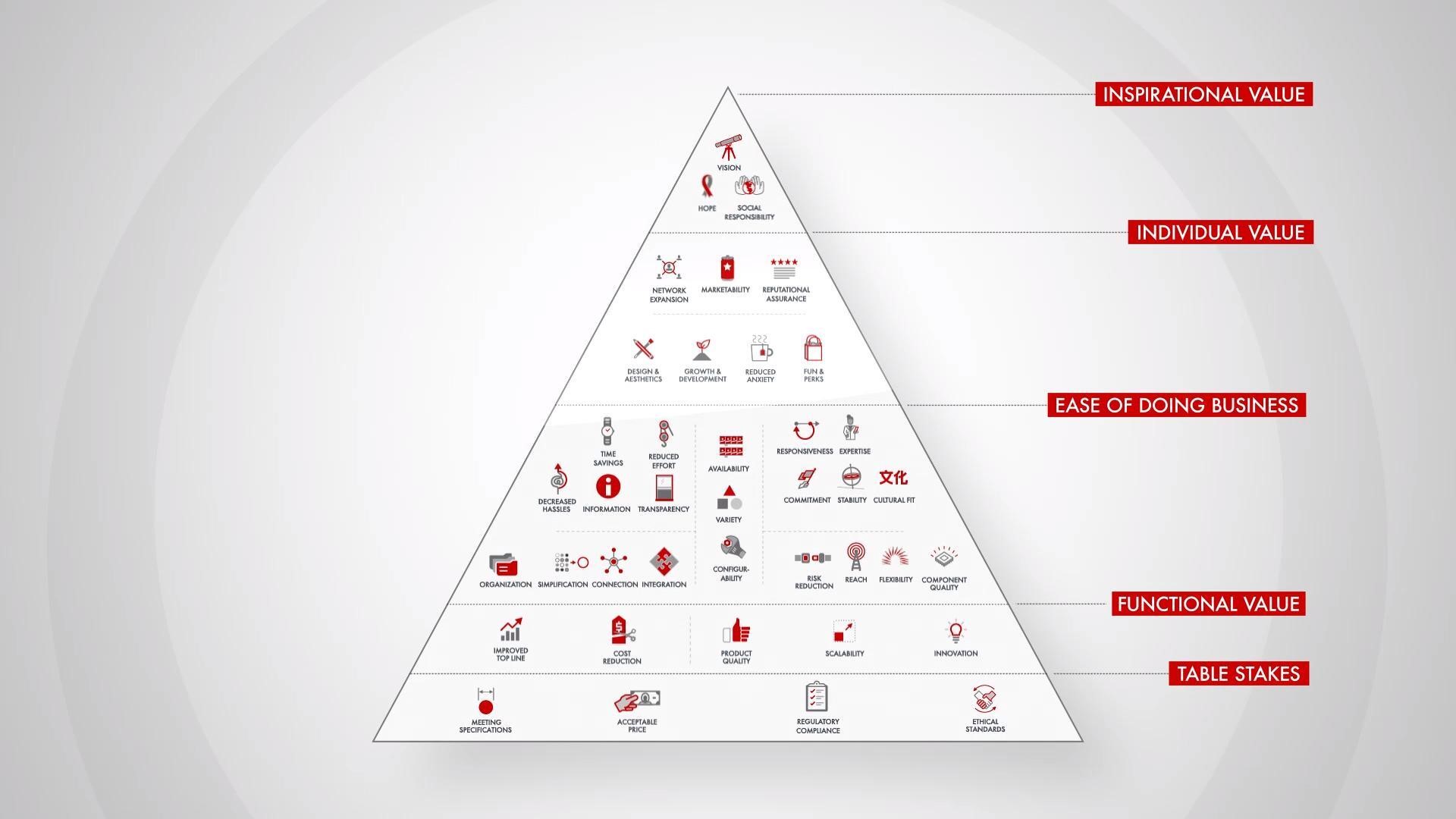
Bain’s Elements of Value Framework
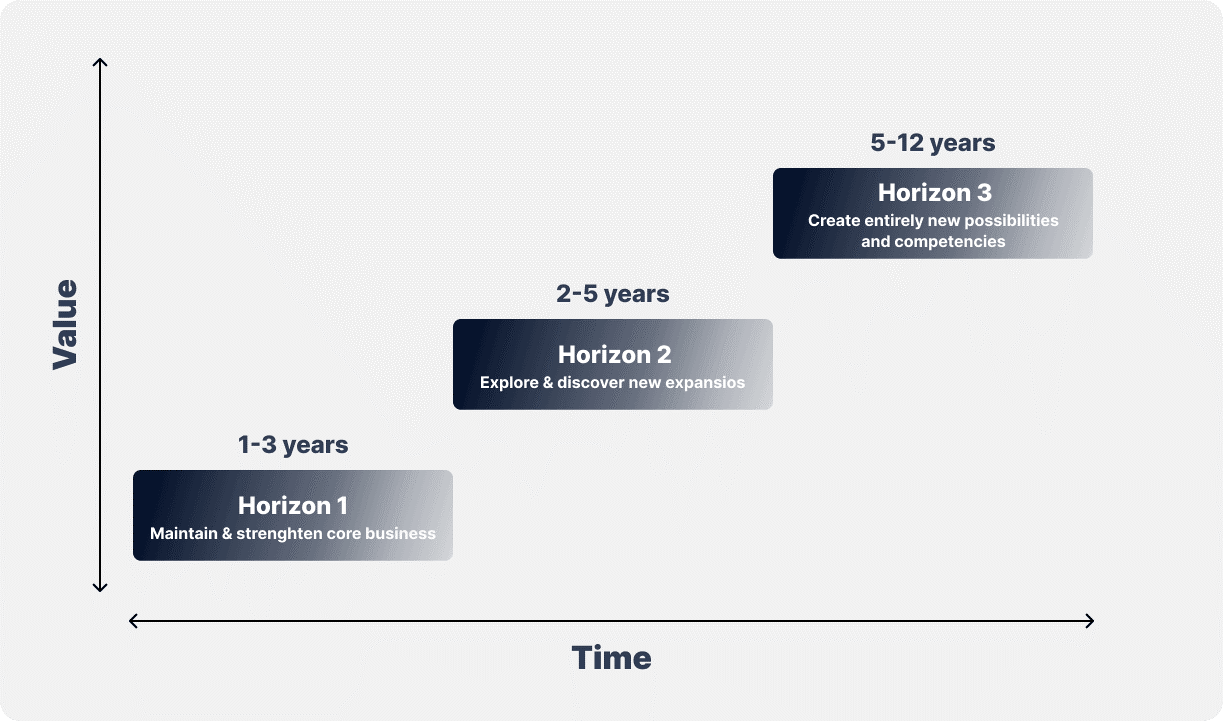
McKinsey Growth Pyramid
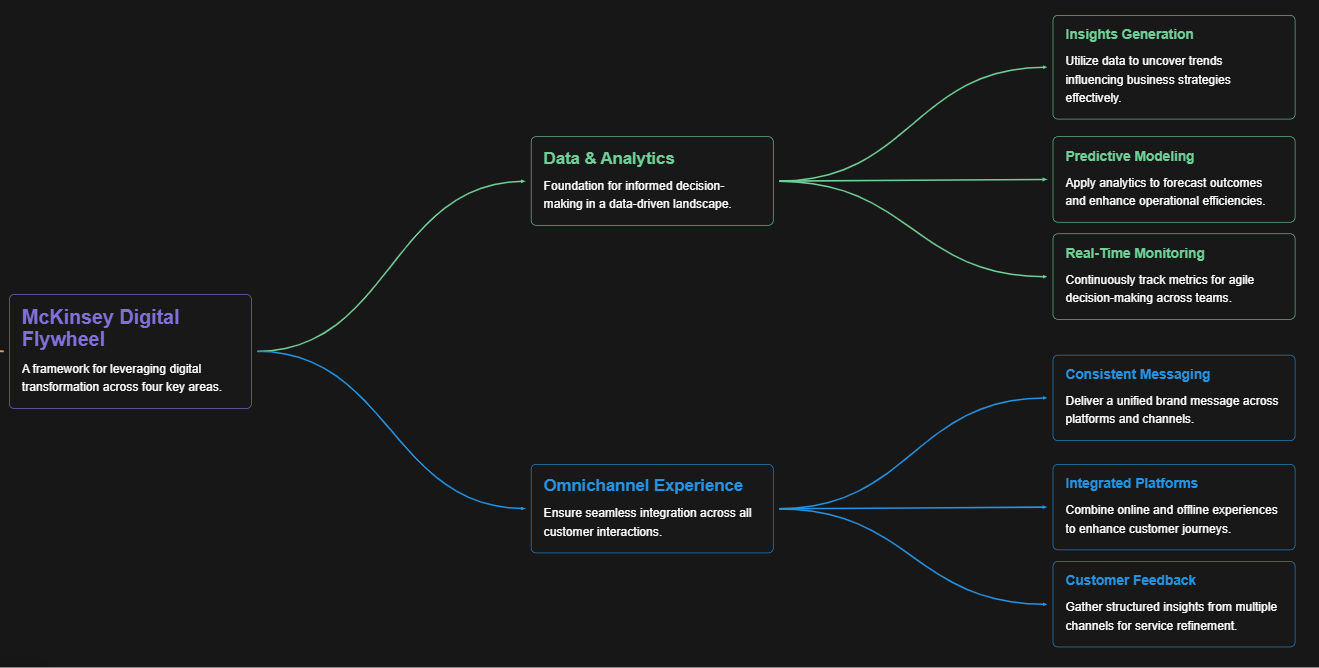
McKinsey Digital Flywheel
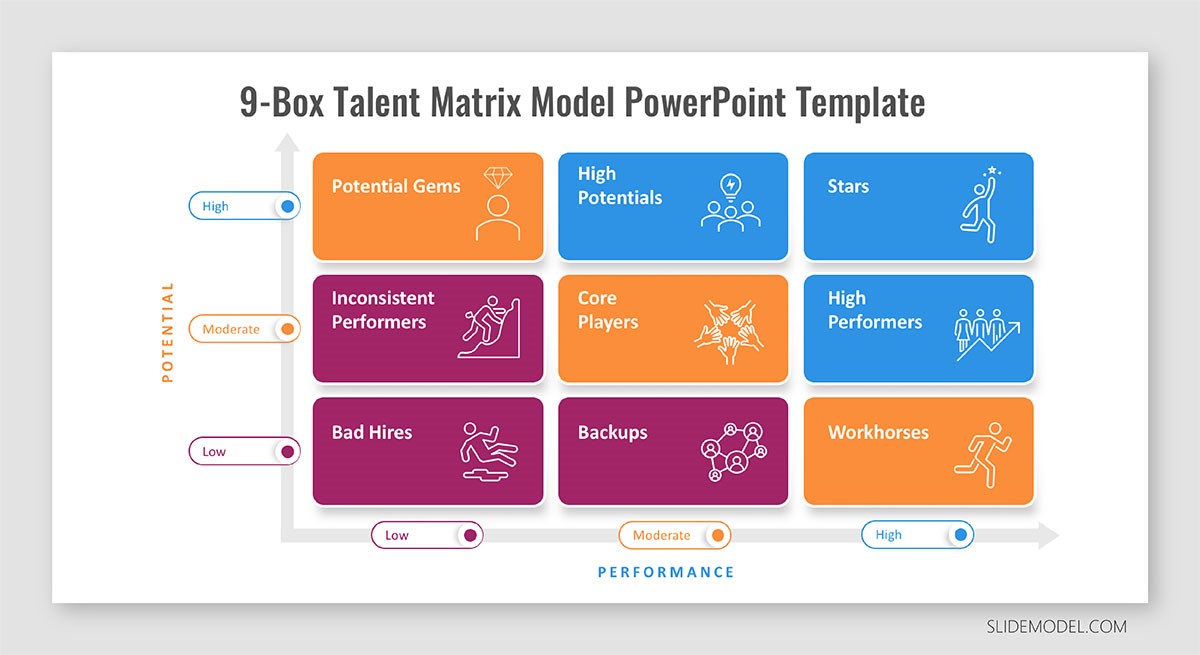
McKinsey 9-Box Talent Matrix
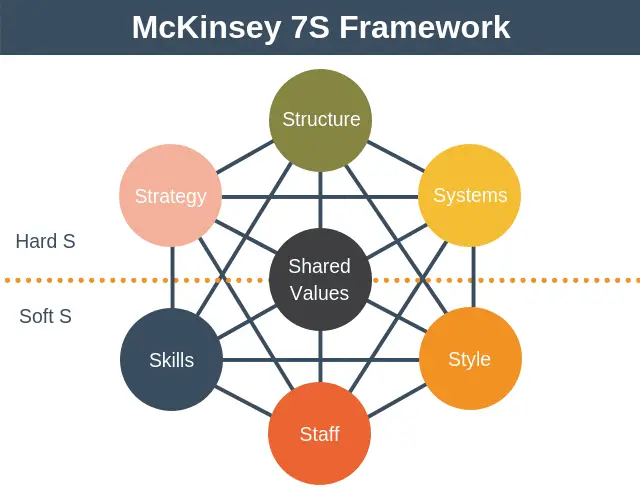
McKinsey 7S Framework
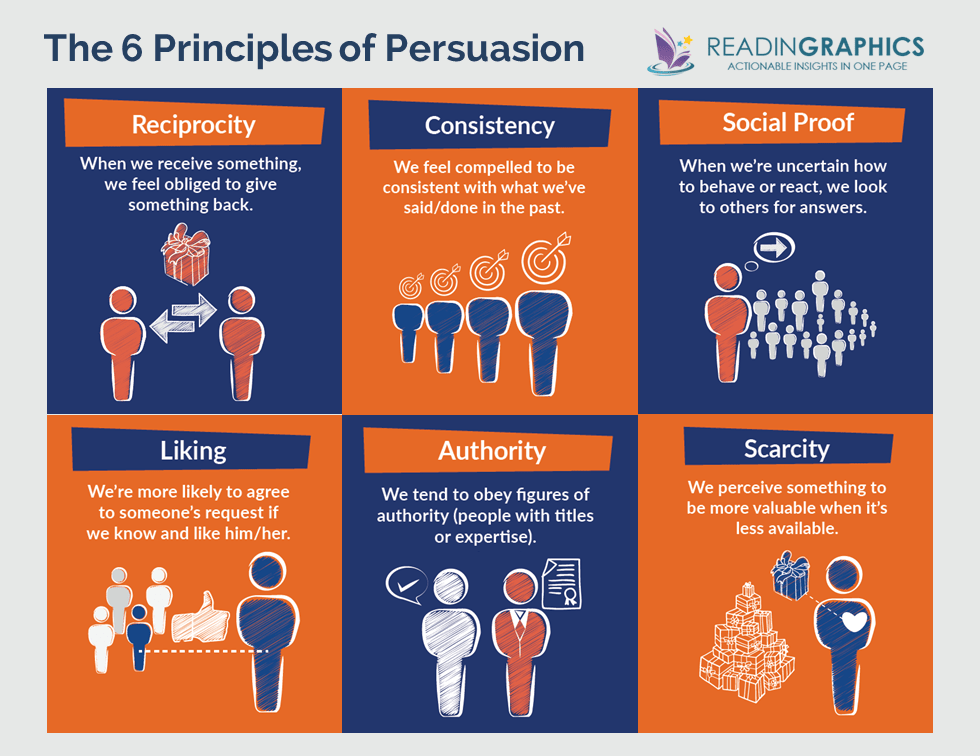
The Psychology of Persuasion in Marketing
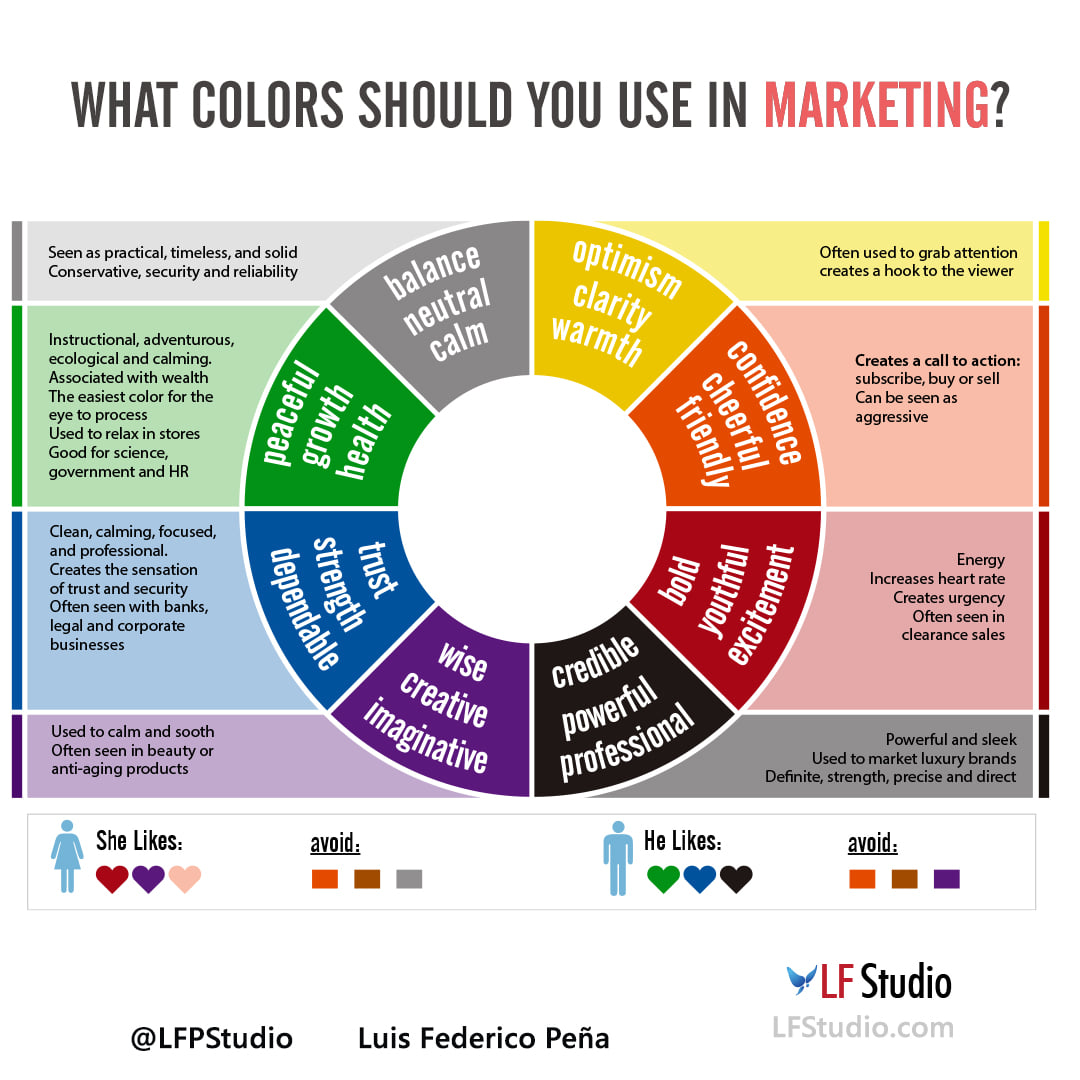
The Influence of Colors on Branding and Marketing Psychology





